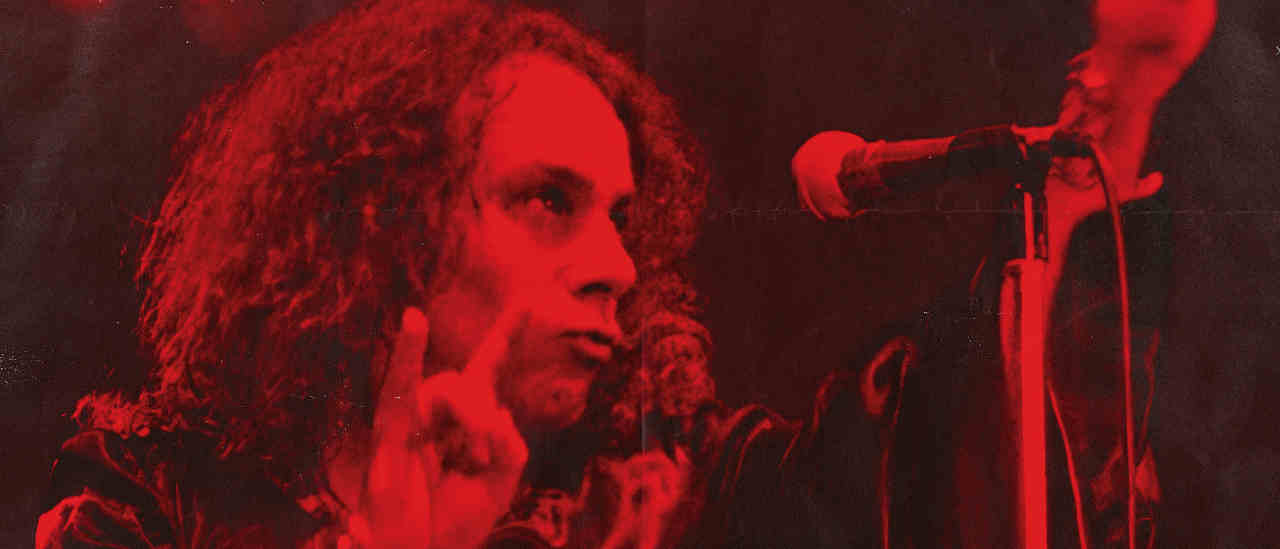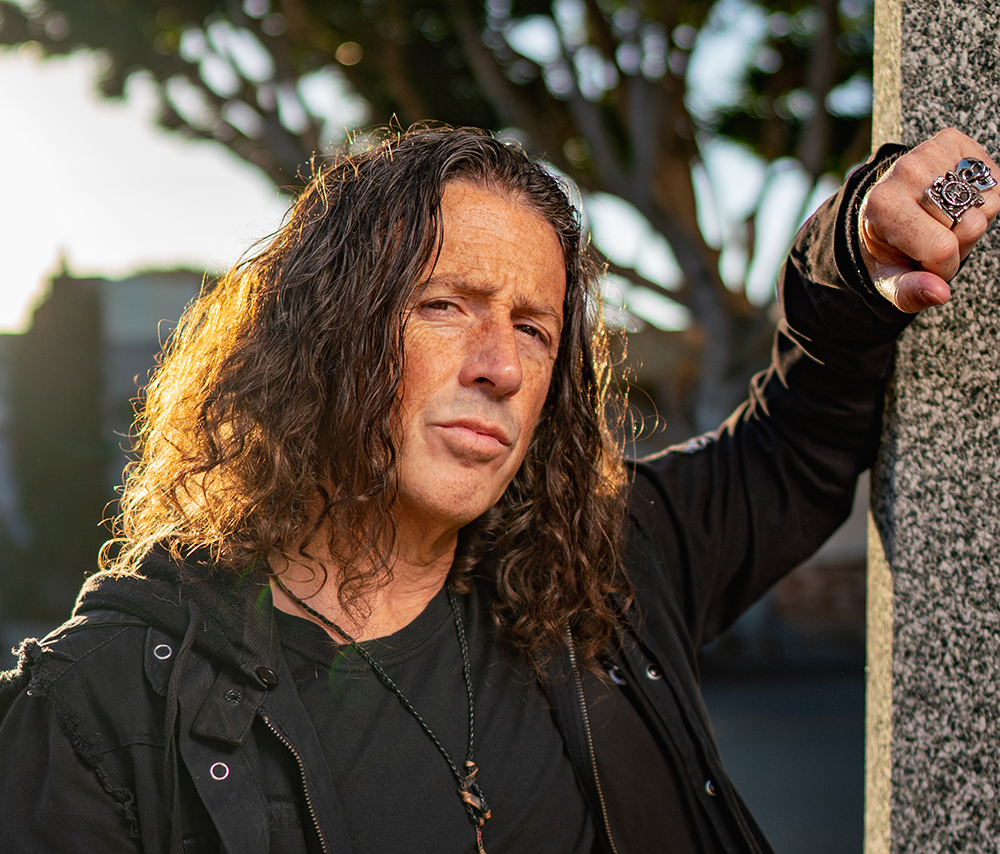That Ronnie James Dio remains one of rock and metal’s greatest all-time vocalists is unassailable — an objective truth in an art form defined by extremely subjective tastes. Just why he is so regarded is the focus of Dio: Dreamers Never Die, the new authorised documentary which examines Dio’s life from his childhood days in upstate New York, through his iconic turns in Rainbow, Black Sabbath and Dio, to his death in 2010. At turns familiar, illuminating and even laugh-out-loud funny (such as photographer Gene Kirkland’s account of shooting the band photo for the Holy Diver album), Dreamers Never Die is a well-paced and engaging ride from start-to-finish.
As a linear timeline winds through Dio’s life, a pantheon of luminaries, including Rob Halford, Tony Iommi, Geezer Butler, Jack Black, Glenn Hughes and Dio’s wife and manager Wendy, weigh in with anecdotes and colourful insights, in the grand tradition of the archetypal rock doc.
Ample archival footage of Dio himself reveals a man so doggedly bound to his artistic vision that he lost jobs in Rainbow and Sabbath rather than strike a compromise with various bandmates. Ultimately, the formation and ascendancy of Dio, his solo band, would validate that his sound, his themes and his demons-and-wizards, horn-throwing stage persona would strike a resonant chord among rock fans seeking a brand of music that both thrilled and empowered.
Thankfully, it’s not all slavish praise. A cringe-inducing scene with Don Dokken showcases Dio’s unyielding perfectionism — and his snarky side — in a wholly unflattering way. Ultimately however, this is an authorised production and Dio’s enduring legend is well-preserved. In fact, Ronnie James Dio really was a friendly and approachable guy who always made time for his fans. But he was also a complicated, strong-willed and highly-introspective artist with healthy measures of pride and ambition, all of which come through most brightly through the commentary of his former bandmates; for example, drummer Vinny Appice breaking out old cassettes of Dio’s earliest jam sessions and revealing that Rainbow In The Dark was nearly trashed because Dio hated it so much after the first take.
The film’s treatment of Dio’s final days, told primarily by Wendy, hits hard — particularly the story of his final studio session, where he recorded a stunning solo version of This Is Your Life. And yes, the origins of the devil horns are covered in proper detail, with Dio himself explaining that they were ultimately inspired by Ozzy Osbourne — whom Dio replaced in Black Sabbath — throwing the peace sign on stage.
The hallmark of a compelling documentary is its ability to inform and to entertain not only those familiar with the subject matter, but more importantly, the uninitiated. In this regard, Dio: Dreamers Never Die knocks it out of the park with a richly-nuanced and insightful portrait of one of metal’s most beloved figures. Essential viewing.
Dio: Dreamers Never Die is in cinemas worldwide from September 28

